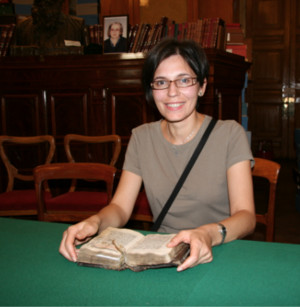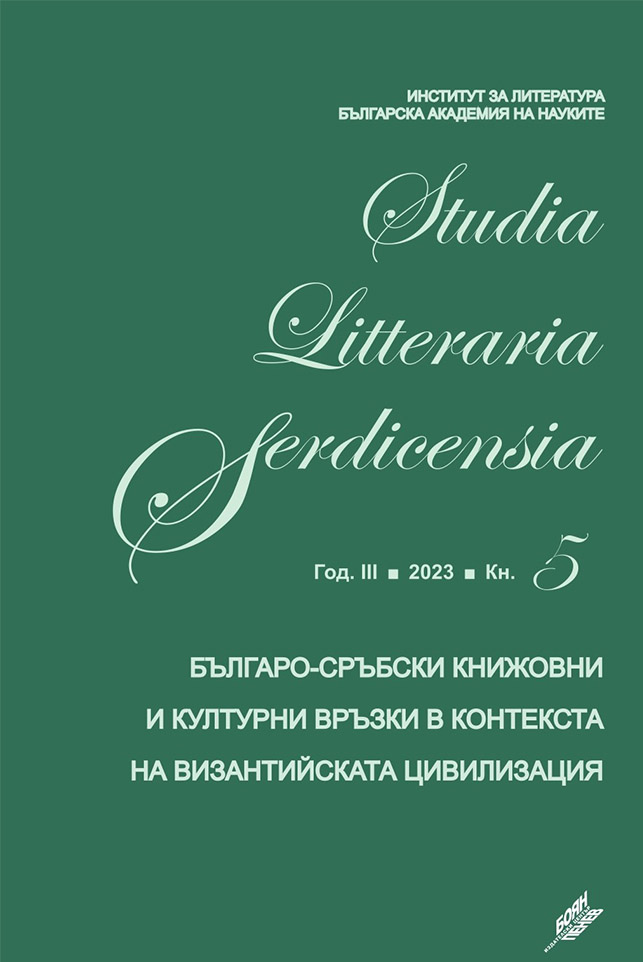The article offers possible answers to the question of whether the dietary calendars disseminated among the South Slavs in the Late Middle Ages were actually practised or served only for reading. In this connection, it highlights the main specificities in the Byzantine and Slavic cultural contexts within which interest in dieteticons unfolded. On the basis of this comparison, it is suggested that, on Slavic soil, this applied genre may have had mostly symbolic value and that, although it provided a model of a concrete modus vivendi, it was primarily a sign of prestige, a marker of readers’ attitudes and cultural needs. Evidence is drawn from sources that demonstrate that the dietary prescriptions given in these calendars were entirely feasible. At the same time, considering the extant manuscripts, the copyists and, more generally, the spiritual changes that took place in the Late Middle Ages, the reading of dietetic works in this period is interpreted as a socio-cultural phenomenon, as part of a wider self-reflection of the emerging new reader and user.
ON SOME POSSIBLE USES OF DIETOLOGICAL CALENDARS IN A SOUTHERN SLAV CONTEXT
-
YEAR: КНИГА 5PUBLISHED ON :
PUBLISHER: INSTITUTE FOR LITERATUREISSN (Print): 2738-7631ISSN (Online): 2815-2999
-
-

- NAME: Irina Kuzidova-Karadžinova
- INVERSION: Kuzidova-Karadžinova, Irina
- E-MAIL: [email protected]
- INSTITUTION: Institute of Literature at the BAS
- COUNTRY: Bulgaria
- ORCID: iD 0000-0002-3202-8118
Irina Kuzidova-Karadžinova PhD is an Assistant Professor at the Department of Old Bulgarian Literature, Institute of Literature at the BAS. Field of scholarly interest: anthologies of wise sayings, florilegia, medieval medicine, Late Middle Ages literature.
-
-
 ABSTRACT
ABSTRACTThe article offers possible answers to the question of whether the dietary calendars disseminated among the South Slavs in the Late Middle Ages were actually practised or served only for reading. In this connection, it highlights the main specificities in the Byzantine and Slavic cultural contexts within which interest in dieteticons unfolded. On the basis of this comparison, it is suggested that, on Slavic soil, this applied genre may have had mostly symbolic value and that, although it provided a model of a concrete modus vivendi, it was primarily a sign of prestige, a marker of readers’ attitudes and cultural needs. Evidence is drawn from sources that demonstrate that the dietary prescriptions given in these calendars were entirely feasible. At the same time, considering the extant manuscripts, the copyists and, more generally, the spiritual changes that took place in the Late Middle Ages, the reading of dietetic works in this period is interpreted as a socio-cultural phenomenon, as part of a wider self-reflection of the emerging new reader and user.
SUBJECT

